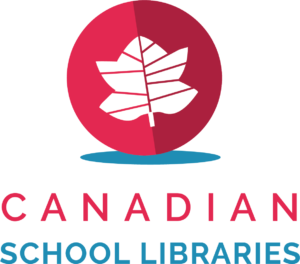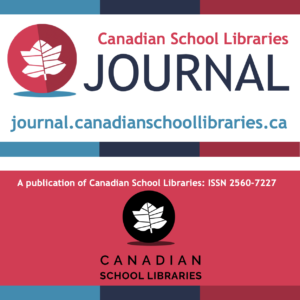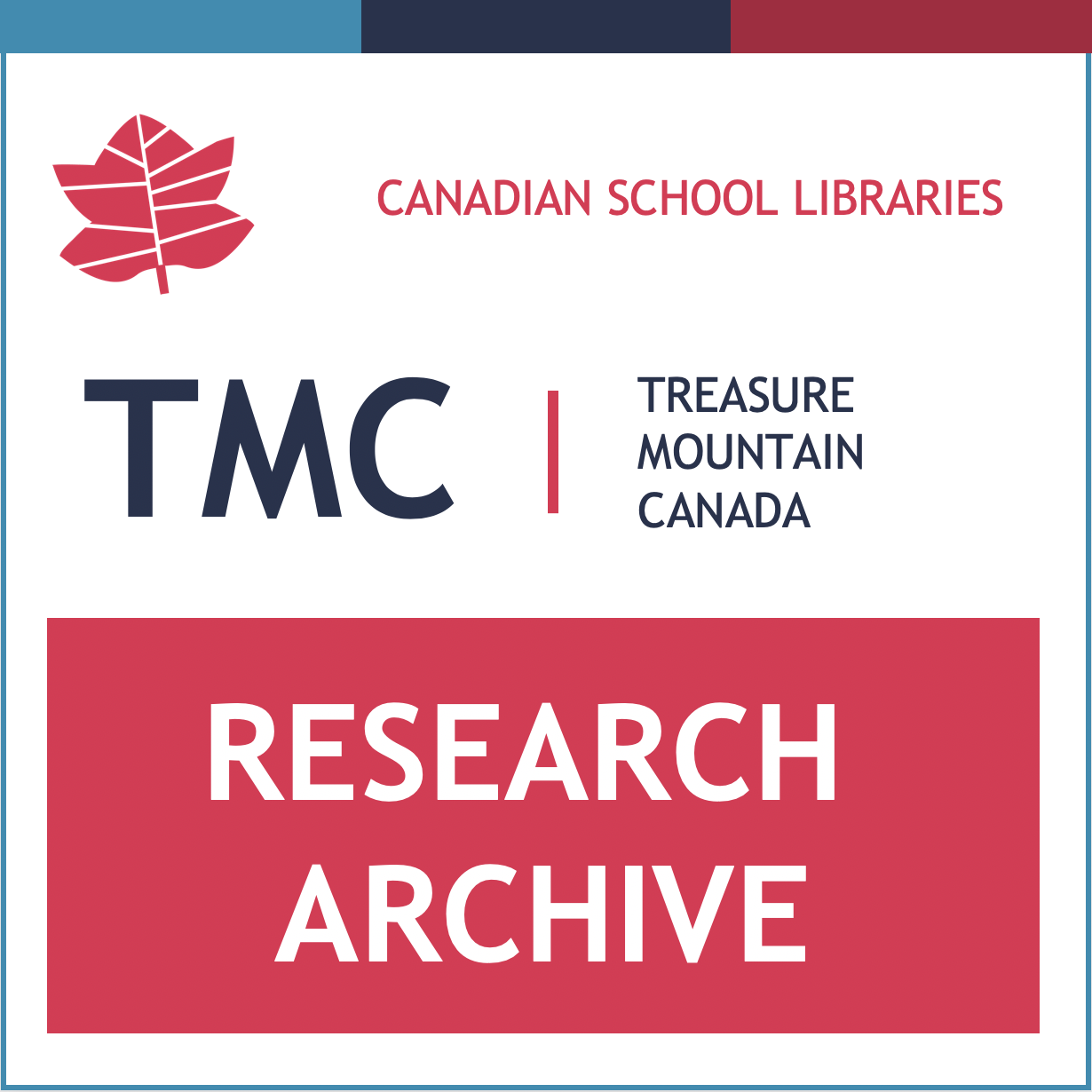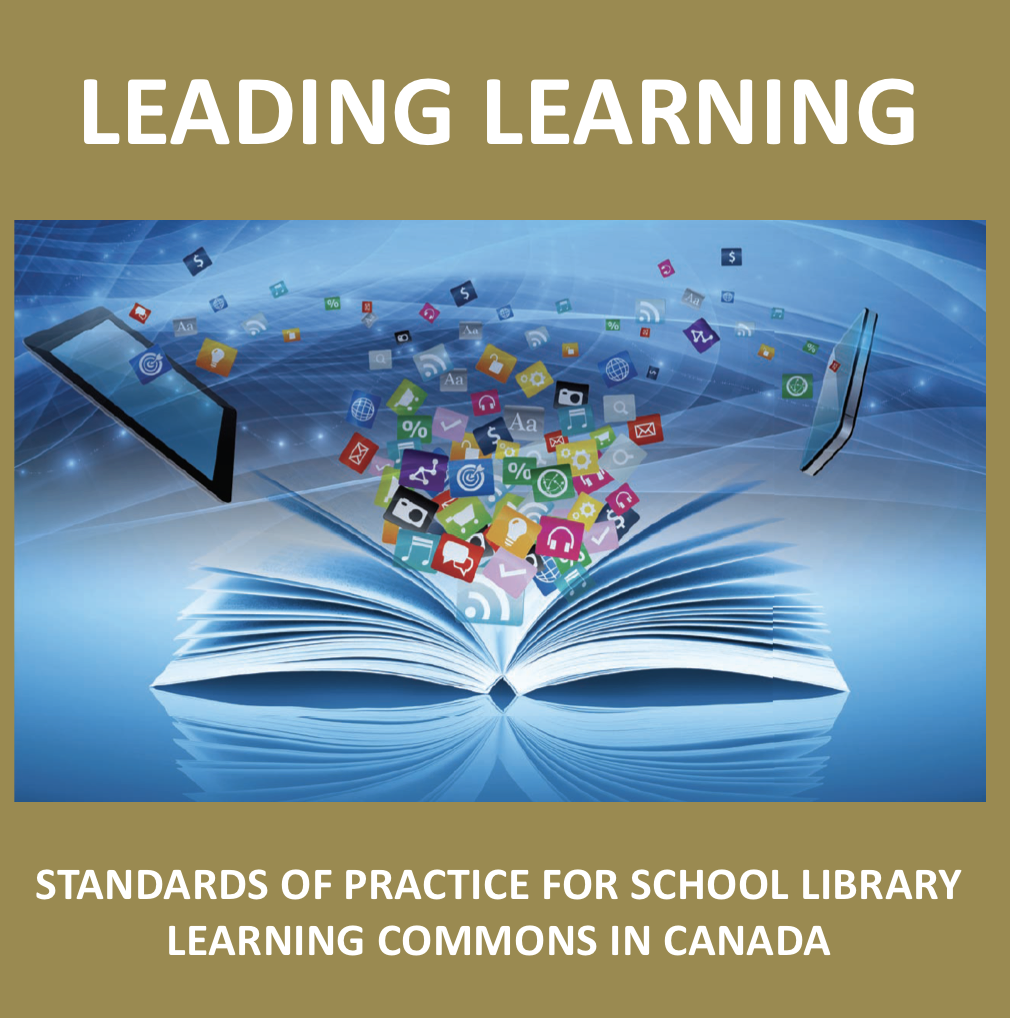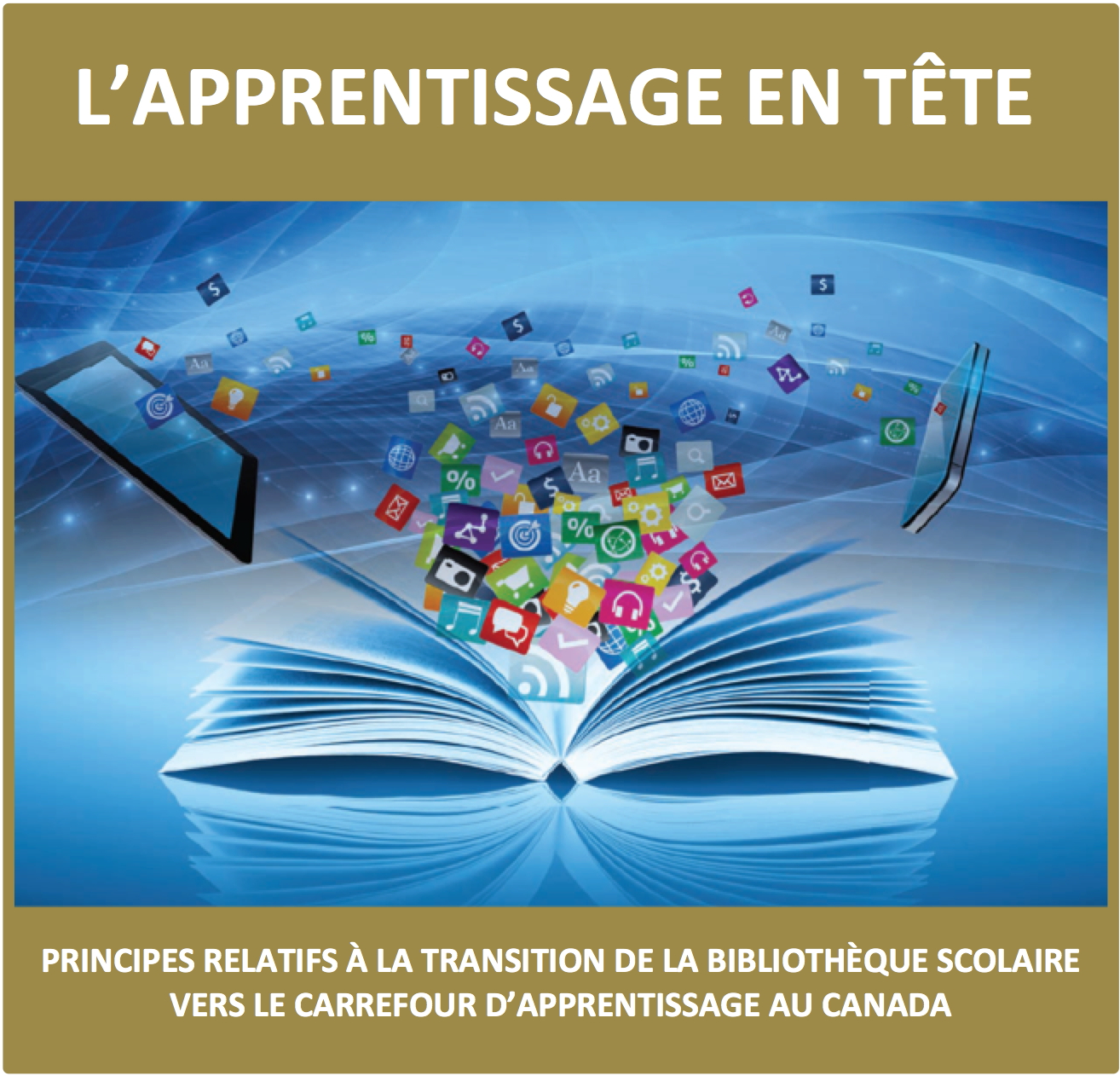(Originally posted February 6, 2011 on Blogger)
I’ve had a whirlwind couple of weeks on the conference circuit, first with Educon 2.3 in Philadelphia and then the Ontario Library Association‘s most aptly named Super Conference in Toronto. Time to reflect, first about Educon.
Educon loosely follows the “unconference”format, if that’s not an oxymoron. The sessions are not presentations but rather facilitated conversations. Four conversations left me with ideas to reflect on, some rigorous challenges to my own personal views, and some action items to move ideas forward.
Four Conversations
“I’m from the Education Department and Am Here to Help” and other bedtime stories: A conversation about how to make and influence policy with some who do. While the immediate context for this conversation was foreign to me (current developments in American policy), there was much to learn from how participants viewed these developments and participants’ attitudes towards change-making. There were a couple of voices who expressed exasperation with the mere idea of talking to policy-makers, who it seemed in their view were ignorant and malicious bureaucrats, the group consensus seemed to take a more positive view on our collective ability to influence change. Big Ideas: Influence change by changing our own practice to provide the exemplars for policy-makers to see ideas in action. Increase your credibility by demonstrating how your program moves the goals of your organization forward in ways that they might not have imagined you could. Tell your story and make connections.
I must admit that I have an almost visceral reaction to people who cannot seem to get past the chip on the shoulder and the blame game. In my experience many of these people use blame to absolve themselves from the hard work of changing their own practice, don’t get it that attacking the stakeholders you seek to influence rarely inspires their confidence in your ideas, or both. Influencing change from within is hard work, and most frequently quite thankless at the outset. But in the longer term it is far more effective, because it is credible and accountable. A recent article by Nilofer Merchant in the Harvard Business Review, Are You a Rebel or a Leader? explores the balance between both styles of leadership. Seems we need both. Definitely worth reading.
Habits of Mind – RICO – Refine, Invent, Connect and Own. This was a truly inspiring conversation about the Senior Grant Project in which students at the Boston Arts Academy engage. Students have to write grant proposals for culminating projects that blends their passion for their art, and engagement for positive social change. This is the ultimate in authentic learning, combining passion, social relevance, the hard business of the arts and social activism, and the deeper literacies needed to be effective on all of these fronts. The conversation was facilitated by the visionary principal of the school Linda Nathan, project coordinator Monica Aldarondo and two extremely impressive students, Duke and Xavier. Participants in the conversation made some suggestions for using technology to help students advocate for their proposals and also to build their own digital footprint with a portfolio approach. This was truly inspiring. Visit Linda Nathan’s blog for more information and ideas about this innovative program.
The Future of Student Inquiry/Research: Environmental Scanning and Scenario Building. The facilitation of this conversation was well-crafted and action-oriented. I would expect no less from such library luminaries as Joyce Kasman Valenza, Gwyneth Jones and Shannon McClintock. They challenged participants to examine our views about resources, tools and dispositions for what inquiry and research mean in today’s Web 2.0 world. While the debate was lively, my impression was that the dance-steps and partners were known in advance to most of the players. It seemed clear that many of the participants knew each other and were able to anticipate each others’ responses. Kudos to Joyce Valenza who made sure that some of the unknown voices in the room were heard. She also brought the most perspective to the conversation, linked it to research on the topic (ie, Carol Kuhlthau’s work on information-seeking behaviours) and continues to impress me with her balance of scholarship, practical application and advocacy. Learn more about this conversation at http://futureofresearch.wikispaces.com/
Innovations in 21c Learning Spaces. This conversation (more of a presentation in this case) was facilitated by Ray Bordwell and Peter Brown, architects who have helped educators re-imagine and re-invent their spaces to foster new ways of learning. The spaces they showed us were beautiful collaborative learning spaces and their ideas focused on effecting simple changes for significant outcomes. In my day job I am very involved in consulting with architects and builders on the design of library spaces. Imagine my dismay that these two very innovative thinkers about school design seemed to have such a poor understanding of the mission of the library and its potential in new thinking about a learning commons approach to school design and instructional practice. Their references to libraries portrayed stack upon stack of dusty books that only served to compromise the structure of buildings with their weight. Their designs for new learning spaces kept these stacks but just relegated them to the periphery of the action, as far as I could see. Kudos to Dr. David Loertscher, leading thinker on the school library at the centre of the learning commons, who has invited Bordwell and Brown to write an article in an upcoming issue of Teacher Librarian, an issue that focuses on design. We’ll see if they do their homework and consider the library in new and exciting ways.
Comments from original post:
Gwyneth Jones, The Daring Librarian, said: Thank you for your kind words about our Convo! I would agree, Joyce has amazing insight – i’m just around for comic relief [grins]
Cheers!
~Gwyneth
inspired fossil said: I enjoyed your reflections on your recent conference circuit. I particularly enjoyed your explanation on the Habits of Mind – RICO project. This is the type of teaching/ learning I would like to better explore. Thanks for sharing.
Anita Brooks Kirkland said: I think you’re pretty smart, too, Gwyneth, and daring! 😉
Anita Brooks Kirkland said: The RICO project was truly inspiring and is a model to which we should all aspire, I think.





